Stop swatting and start enjoying your great outdoors. Use these methods to help prevent these biting bloodsuckers from hanging around.
All the weeks of drought-busting rain showers this spring have been great for landscapes and wildflowers. But they’ve also ushered in an unwelcome pest: mosquitos by the millions.
Many myths surround the management of mosquitos. Bat houses were often built in and around San Antonio in the late 19th and early 20th centuries. But bats seldom, if ever, eat mosquitoes. And while birds, like marlins and red-wing blackbirds, do a better job, dragonflies and damselflies actually are the best predators of mosquitos. They’re voracious consumers of both adult and juvenile mosquitos.
Plants have been frequently mentioned as indirect management options. Unfortunately, even the well-known citronella and citronella candles have little scientific evidence to back up their claims. Other plants thought to have aversion effects include lavender, marigold, bee balm, lemon grass, rosemary, basil, mint and sage.
Most marigolds are short-lived and highly susceptible to spider mites so they are of limited use here, but two excellent substitutes are the Mexican mint marigold and the copper canyon daisy. It’s the essential oils derived from these plants that are much better at keeping mosquitos away.
So, how can we prevent these masters of misery from hanging around?
Eliminate ALL standing water. A tablespoon of water can breed mosquitos. All cups, saucers on the bottom of pots, gutters, old terra cotta pots, depressions in rocks or cement should be eliminated or cleaned and put away.
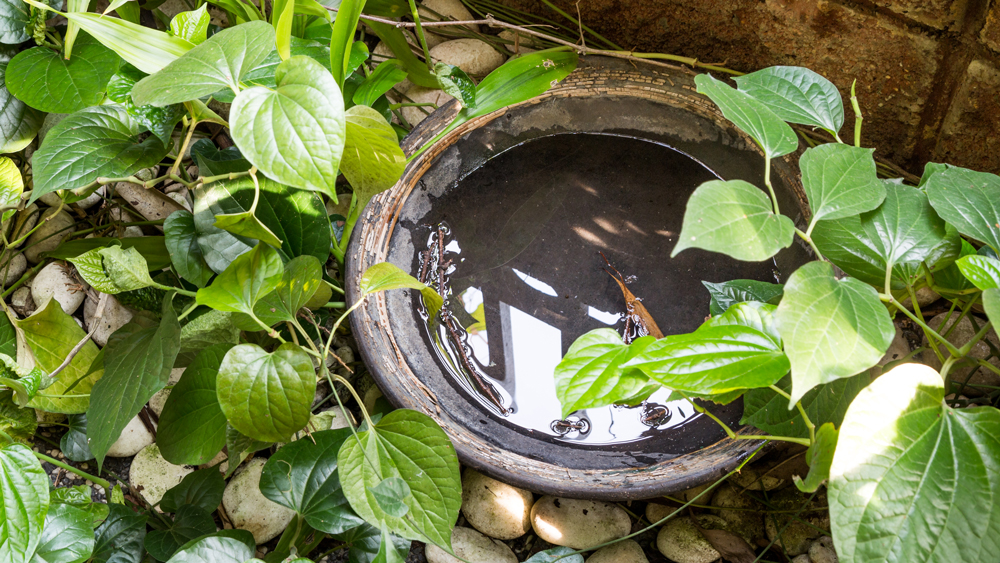
Clean bird baths or wildlife water features often. Small amounts of chlorine, strong vinegar, or tablets of Bacillus thurengiensis israelensis will prevent the breeding of mosquitos.
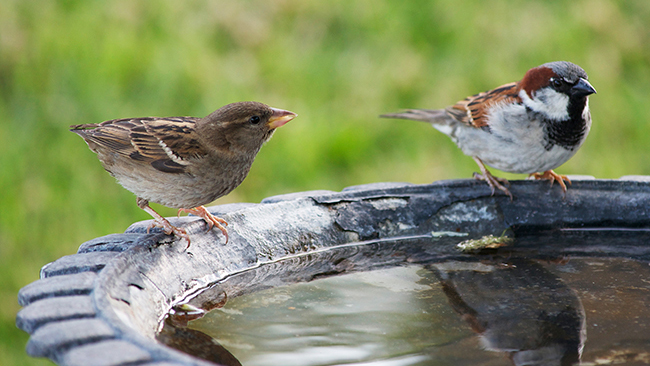
Add fish to your ponds. They feast on mosquito larvae.
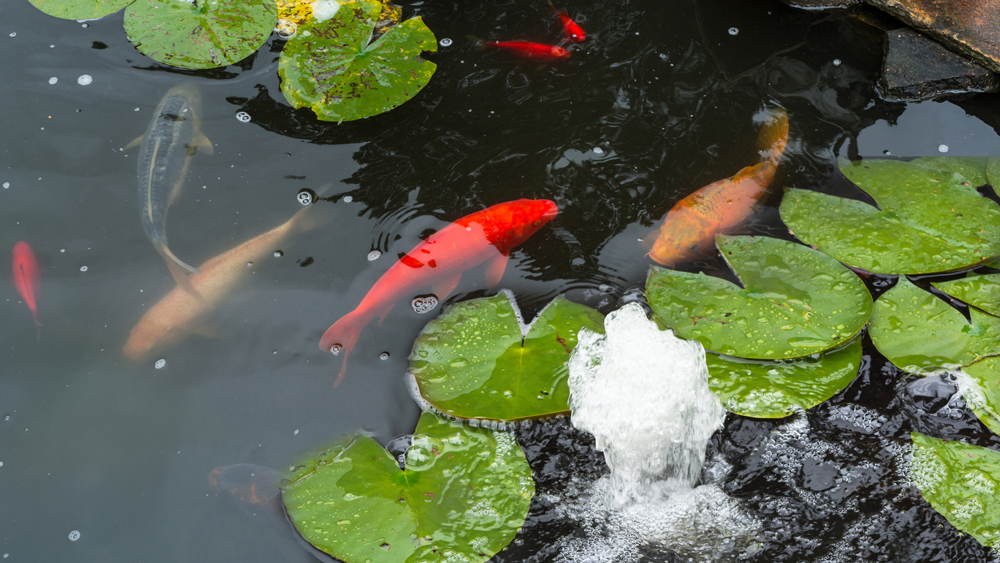
Remove tall vegetation to promote air circulation and sunshine. Air circulation encourages drying and predators.
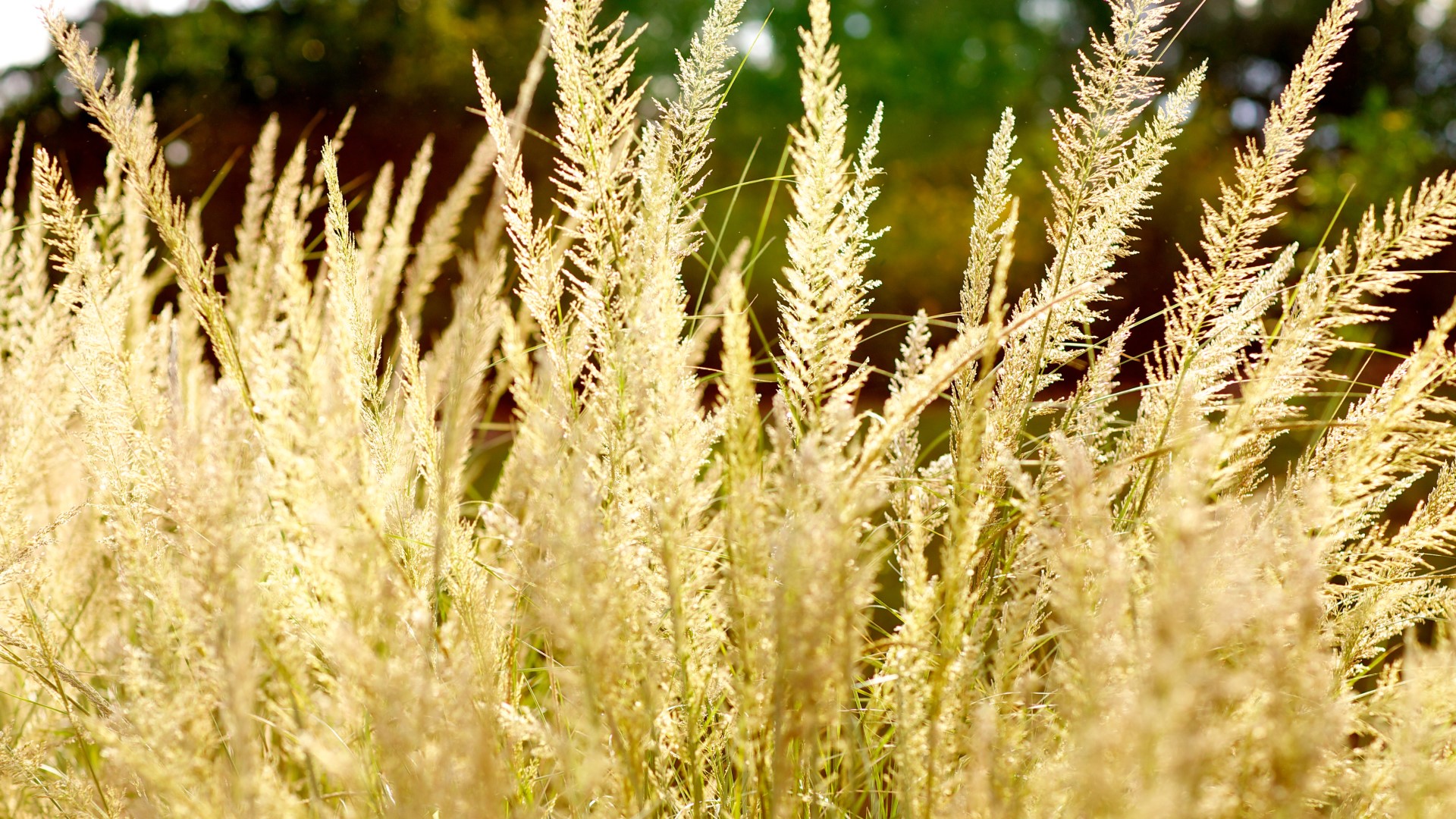
Reduce irrigation. Excess water collects on vegetation and on clay soils.
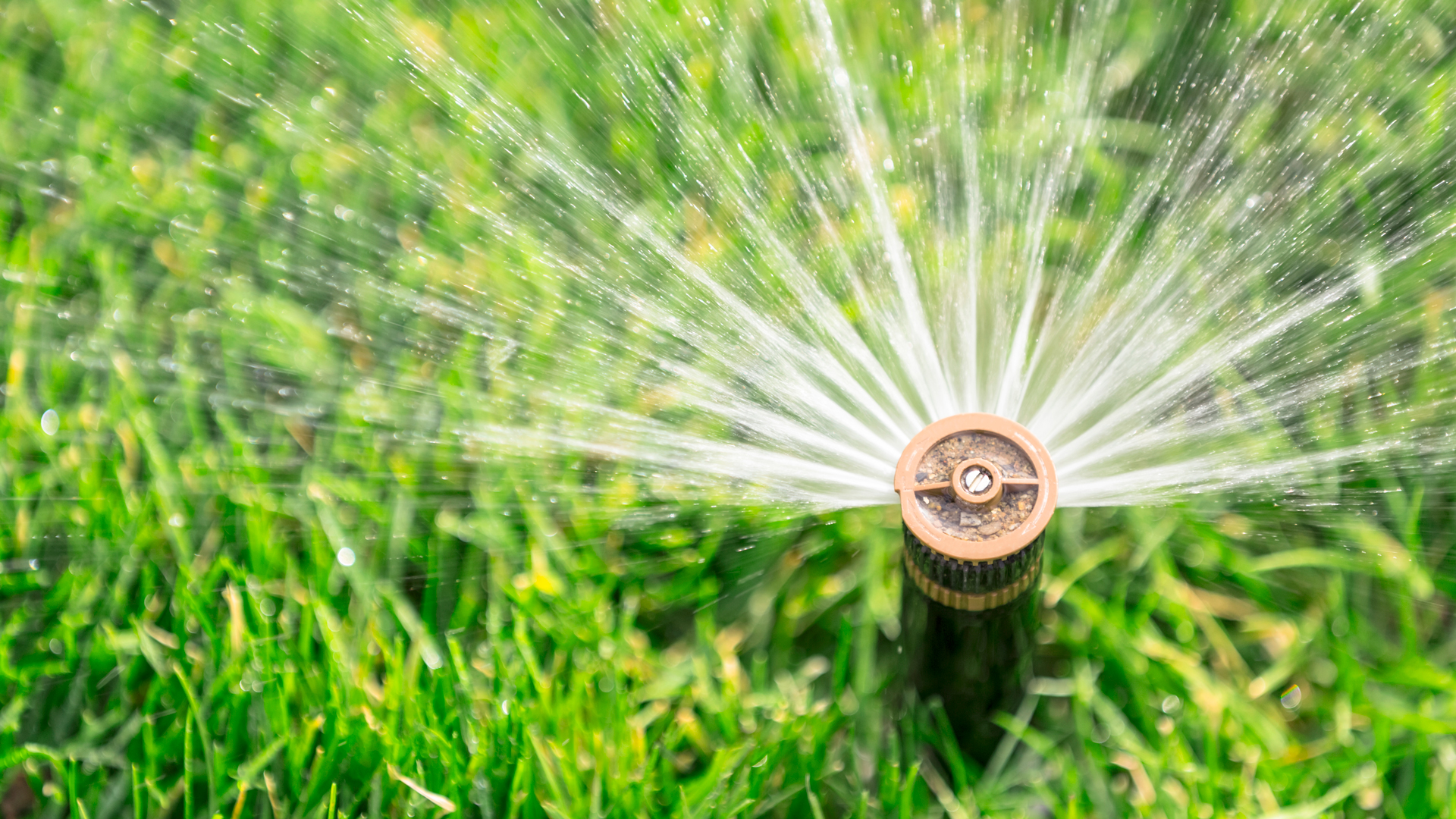
Plant bee balm, rosemary and mint and run through them every day.
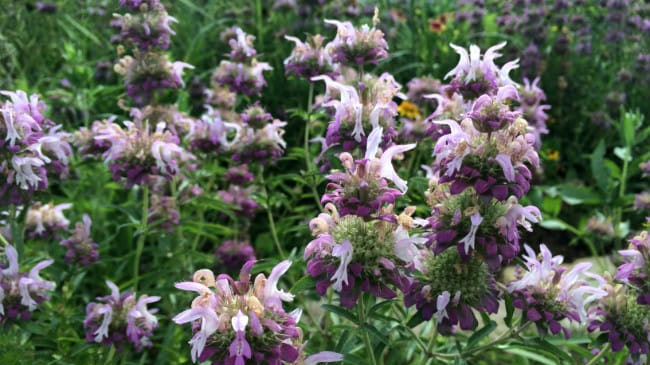
Finally, DEET is still the most effective product by far in preventing mosquito bites. But rather than cloaking myself in manufactured chemicals, I prefer to dab essential oils on my ear lobes, neck, wrists and ankles.
Now, go forth and eliminate all the breeding places for mosquitos and never hurt a dragonfly again.


